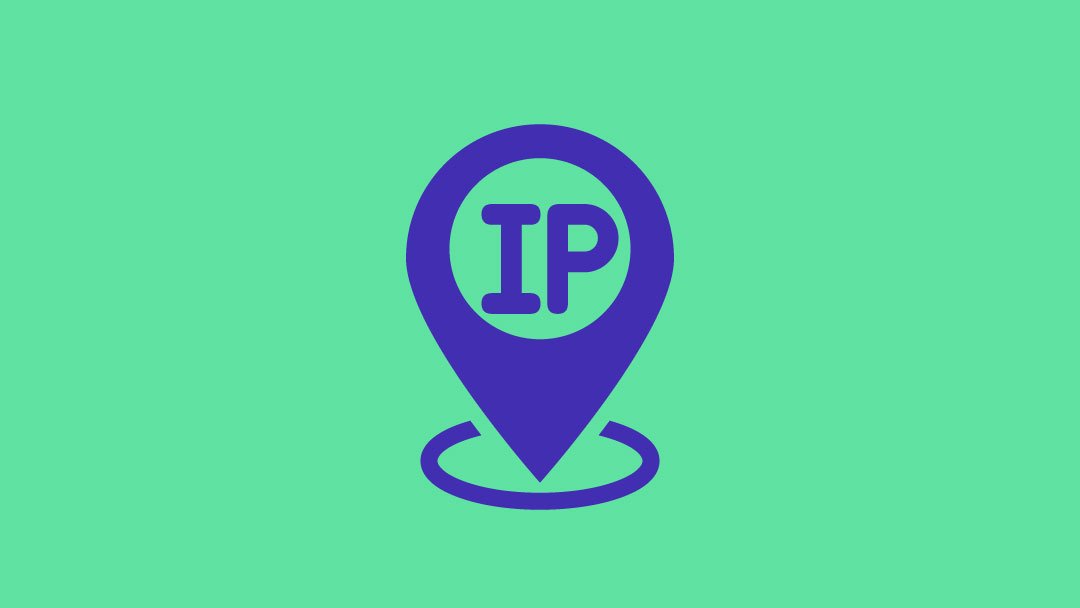Image source: Elegant Themes
Your IP address, or Internet Protocol address as it’s officially known, is the logical location of your computer when it’s online.
You obviously don’t have to know what it is to connect to the Internet, but if you’re asking the question, “What is my IP?” it’s easy to find out, and by looking it up in Window settings or using one of the many tools online.
While it’s not uncommon to have no idea what your computer’s IP address is, many situations that can occur that make it important to know.
Contents
Troubleshooting
If you’re experiencing problems with your device and getting onto the Internet, you’ll need your IP address to facilitate troubleshooting a failed network connection.
Typically, it requires using Traceroute and Ping commands with a particular format.
For example, if you try pinging Google.com and don’t get a response, there may be a problem with your DNS server or your Internet connection.
By pinging the IP address, you’ll avoid the possibility of a DNS failure. If you think there may be an issue with the DNS server, sending a ping request to the server’s IP can help you confirm that.
Remote Services
If you need to control your home computer remotely using software like Windows Remote Desktop or an IP-based security camera that has the option to view it by using any Internet connection, setting them up and using them requires knowing their private and public IP addresses.
Private and Public IP Addresses
Speaking of private and public IP addresses, you might be wondering what the difference is.
To communicate via the Internet, a computer needs a public IP address that is globally unique, meaning it can’t be the same as any other.
To determine what that is, you’ll need to use a service to determine it as they’re assigned by an Internet service provider or ISP.
Your private IP address is part of a reusable set created for individual networks by the Internet Task Force.
A Faster Connection
In order to share files between PCs, technology known as NetBIOS is used, which is similar to DNS. It uses a series of discovery packets and a computer’s “name.”
If you type in \[computer name into an Internet Explorer Window, it starts the discovery process.
As that process tends to be slow and doesn’t always work the way it should, knowing the IP address can speed up the process, completing it faster by circumventing the DNS lookup or NetBIOS process.
Search Engine Optimization
A site that’s been search engine optimized is more likely to be found, and part of that is having a unique IP address.
That’s because links to virtually hosted domains are treated like links to domains on dedicated IP addresses.
If you have thousands of sites that link to yours and they’re all on the same IP address, the ranking of the links will be diluted, and it can also raise red flags with search engines like Google.
That means it’s important to have IP diversity when link building.
One of the best ways to improve search engine rankings is to ensure that all sites in your network have their own unique IP address.
The Daily Buzz combines the pursuit of interesting and intriguing facts with the innate human desire to rank and list things. From stereotypical cat pictures to crazy facts about the universe, every thing is designed to help you kill time in the most efficient manner, all while giving you something to either laugh at or think about!
